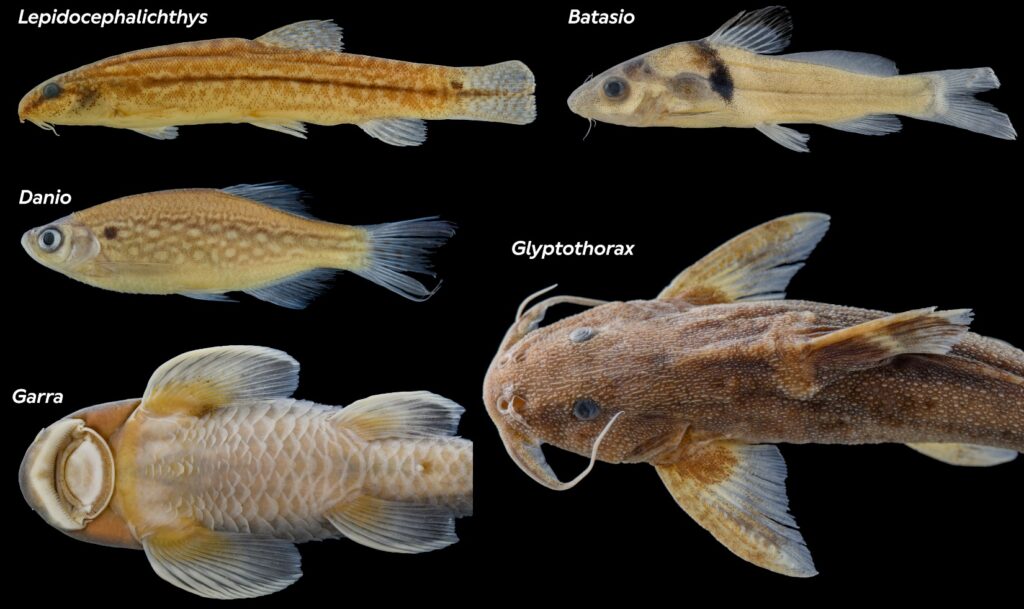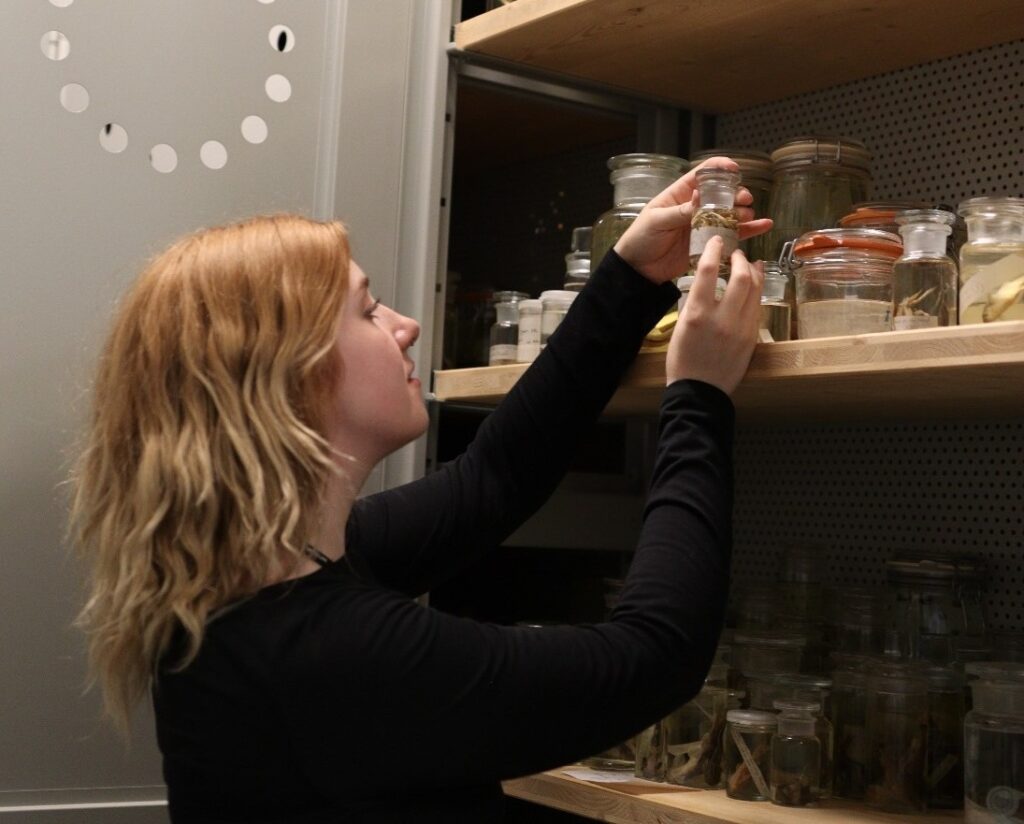

Myanmar (formerly Burma) is a country of breathtaking landscapes, rich human history, and abundant biodiversity, home to over 600 freshwater fish species (compared with about 40 freshwater species in the British Isles).

Our scientific knowledge of Burmese fishes began with the fish collections of British colonial and Indian explorers, most of which are now held at London’s Natural History Museum (NHM). In the period following World War II right up until the turn of this century, Myanmar was inaccessible to scientists, until the year 2000 when international scientists could again mount Burmese expeditions, collecting new specimens of Burmese fishes both known and unknown to science. A lot of these new unstudied specimens also rest at the NHM.

In 2024, as part of our Fisheries Charitable Trust’s ongoing support for fish research at the NHM, ‘Simon Birch Legacy’ Funding was granted to help unlock the secrets held in these collections through digitization, giving the global research community access to this rare resource. The work involved a specialist Curatorial Assistant, Chrissy Williams, cataloguing over 600 jars of specimens, taking high quality photographs, and recording and harmonizing detailed geographical information for 220 locations. This was often difficult, and so a native Burmese speaker had to be recruited from a local South Kensington restaurant to help translate place names! Ten species that Chrissy catalogued were new to the NHMs collections, unsurprisingly as Burmese species new to science are still being discovered every year.

Unfortunately, political conditions have deteriorated in Myanmar in recent times, while threats to freshwater biodiversity from deforestation, mining, hydroelectric dam projects and invasive species are ever increasing. The collections held by London’s Natural History Museum therefore represent an irreplaceable global asset in both cataloguing species and developing our understanding of the evolution of fish diversity in one of the world’s most significant biodiversity hotspots.